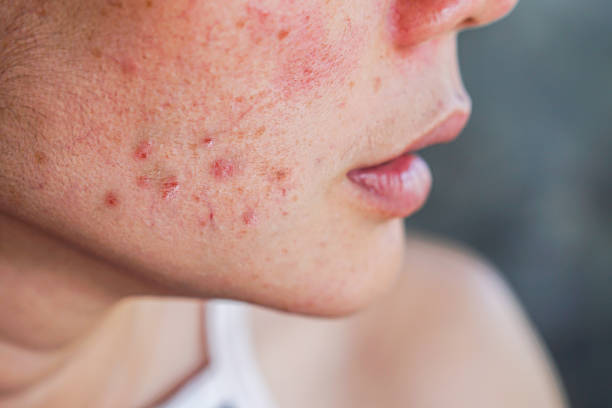Acne-prone skin can be a source of frustration for many people. It can be difficult to find the right skin treatments that work for you, especially if you're not sure where to start. In this blog, we'll provide the ultimate guide to skin treatments for acne-prone skin. From cleansers to serums, we'll cover everything you need to know to achieve clear, healthy skin.
Cleansers
The first step in any skincare routine is to cleanse your skin. For acne-prone skin, it's important to choose a gentle cleanser that won't strip your skin of its natural oils. Look for a cleanser that contains salicylic acid or benzoyl peroxide, which can help to unclog pores and reduce inflammation.
Toners
Toners can be a great addition to your skincare routine if you have acne-prone skin. They can help to remove any excess oil or debris from your skin, leaving it feeling clean and refreshed. Look for toners that contain ingredients like witch hazel, tea tree oil, or alpha-hydroxy acids, which can help to control oil production and reduce inflammation.
Serums
Serums are a great way to deliver concentrated ingredients to your skin. For acne-prone skin, look for serums that contain ingredients like vitamin C, niacinamide, or retinol, which can help to reduce inflammation and control oil production. Be careful when using retinol, however, as it can be irritating to some people's skin.
Moisturizers
Moisturizers are an essential part of any skincare routine, even for acne-prone skin. Look for a lightweight, non-comedogenic moisturizer that won't clog your pores. If you have oily skin, choose a gel or water-based moisturizer. If you have dry skin, look for a cream or lotion.
Sunscreens
Sunscreen is crucial for protecting your skin from the harmful effects of the sun. Look for a sunscreen that is oil-free and non-comedogenic, so it won't clog your pores. Make sure to apply sunscreen every day, even if you're just going to be indoors.
Masks
Masks can be a great way to treat acne-prone skin. Look for masks that contain ingredients like kaolin clay, which can help to absorb excess oil, or sulfur, which can help to reduce inflammation. Be careful not to overuse masks, however, as they can be drying to your skin.
Exfoliants
Exfoliating your skin can help to remove dead skin cells and unclog pores. Look for exfoliants that contain alpha-hydroxy acids or beta-hydroxy acids, which can help to improve skin texture and reduce the appearance of blemishes. Be careful not to over-exfoliate, however, as this can irritate your skin and make acne worse.
Spot Treatments
Spot treatments can be a great way to target specific areas of your skin that are prone to breakouts. Look for spot treatments that contain benzoyl peroxide, salicylic acid, or tea tree oil, which can help to reduce inflammation and kill bacteria.
In conclusion, achieving clear, healthy skin when you have acne-prone skin can be challenging, but it's not impossible. By following the ultimate guide to skin treatments for acne-prone skin, you can find the right products and routines that work for you. From cleansers to spot treatments, be patient and consistent with your skincare routine, and you'll be on your way to clear, healthy skin.











